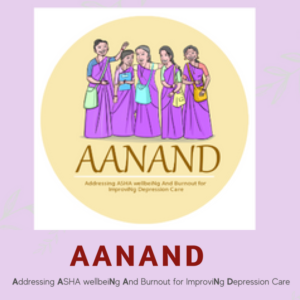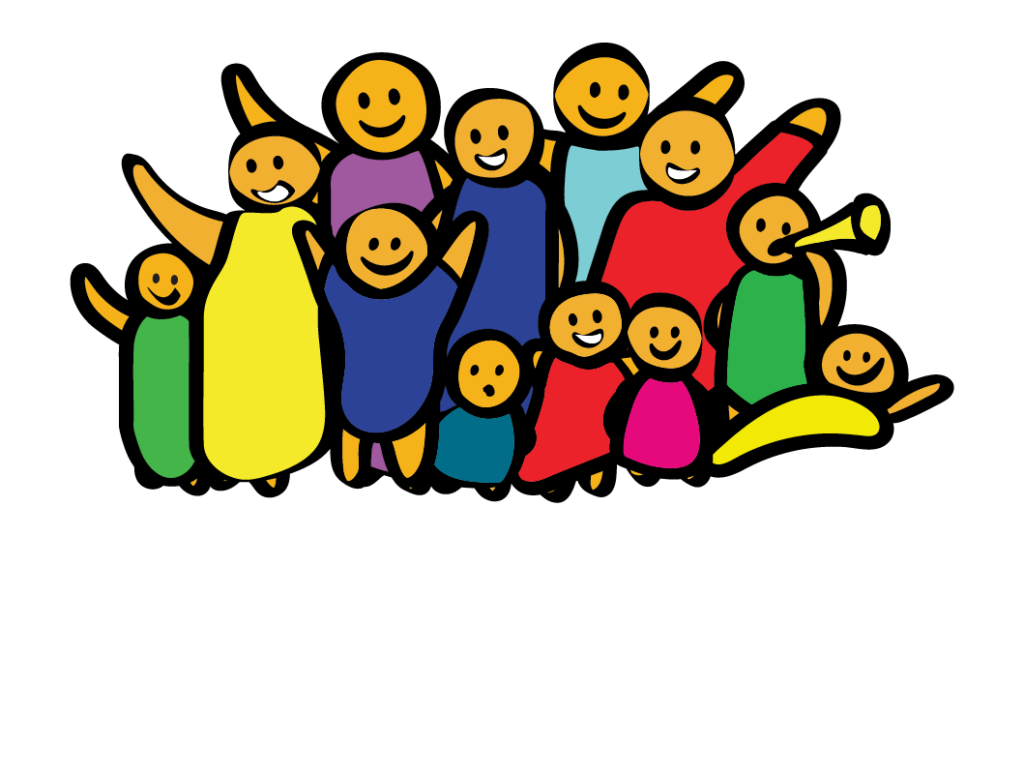
Burnout and poor wellbeing are prevalent among rural health workers in India. These health workers are responsible for providing last mile care in various areas such as pregnancy care, vaccinations, child care, as well as basic mental health services. There are more than 1 million female ‘ASHA’ workers at the village-level in India, one of the largest health worker programs in the world. These ASHAs have been recently trained in Sehore district, Madhya Pradesh, to deliver the ‘Healthy Activity Program (HAP)’, a brief psychological treatment for individuals with depression. This is critical, because depression is widespread in India but there are scarce numbers of psychiatrists and specialised mental health professionals. To provide effective care in mental health, an ASHA needs to empathize with the client’s beliefs, traditions and ethnicity, or what is called as ‘culturally competent care’. However, an ASHA, who is herself in distress or experiencing burnout and demotivation is less likely to engage with her clients, which can reduce their treatment satisfaction, and thus, the treatment outcomes (e.g., any improvement in depression symptoms).
Building on the need to improve mental wellbeing among ASHAs, we looked at previous research in India. We found that most programs have focused on monetary and ‘non-monetary’ incentives for ASHAs – the latter, for example, through public recognition or rewards. However, very little has been done to address burnout and poor wellbeing in ASHAs. Therefore, we referred to the abundant resource of ‘positive psychology’ interventions in the Western context. Given the strength of their evidence-base, we considered the use of interventions that identify, develop and/or broaden ‘character strengths’ in individuals so that they could use these strengths at work (e.g., grit, resilience, non-attachment). However, we realised that for the traditional, rural community of ASHAs, it is important that we integrate Indian Psychology or spirituality concepts and models into usage of strengths at work. Fortunately, a number of studies have laid out precepts of Indian Psychology/spirituality that have a close relationship with usage of character-strengths, and we plan to leverage this synergy.

Our proposed intervention is a coaching program for ASHAs based on the use of character strengths grounded in Indian spiritual values, to negotiate stressful work situations and relationships, and improve mental wellbeing. This intervention will be added on to the routine supervision that ASHAs already receive.
We aim to deliver this coaching program to a randomly selected group of ASHAs (or ‘intervention arm’) from Raisen district in Madhya Pradesh, and measure its effectiveness on ASHA wellbeing, compared to another randomly selected group of ASHAs who will receive routine supervision only (or ‘control arm’).
Methods
All ASHAs will be comparable in their baseline characteristics and previously trained on HAP. We will first identify their character strengths and understand their routine work problems. We will then develop the intervention, and deliver the character-strengths based coaching to ASHAs in the intervention arm. The control arm ASHAs will continue to receive routine supervision as usual. The coaching program will begin with a 5-day residential ‘baseline’ workshop to orient ASHAs into the use of character strengths in their routine work, rooted in concepts from Indian Psychology/spirituality. As ASHAs resume field work and face problems and stress-inducing situations, we will reinforce the concepts learned in the workshop, through once-a-week telephone calls between the coaching team and each of the ASHAs over an 8-week period.
We will measure wellbeing, burnout and motivation of ASHAs in both arms for comparison, at ‘baseline’ or before the intervention, and at 1, 3 and 6 months after baseline. Study outcomes will also include ASHA work performance measures. Finally, we will compare the client’s satisfaction with ASHA’s HAP, and client’s improvement in depression symptoms between both arms. This study will enrol 244 ASHAs, and 240 individuals identified with depression, for meaningfully explaining our results.
This study will demonstrate the effectiveness of a character-strengths-based coaching program to reduce burnout and improve wellbeing in last-mile health workers. This is critical for all developing countries having a shortage of specialised human resources to deliver primary care services, including last-mile care for prevalent mental health conditions such as depression. There are about 50 million people living with depression in India and 80% of these do not receive care due to workforce shortages. ASHAs or other health workers are their only hope for primary community-level care. We believe this study is extremely critical and timely to address the burnout of community health workers, to improve their work performance and quality in providing primary care for depression and other services for people in rural India.
Can Positive Psychology Coaching Boost Flourishing for Rural India’s Stressed Health Workers?
By Templeton Staff with Anant Bhan, Ameya Bondre, and Deepak Tugnawat

do_shortcode(‘
‘)